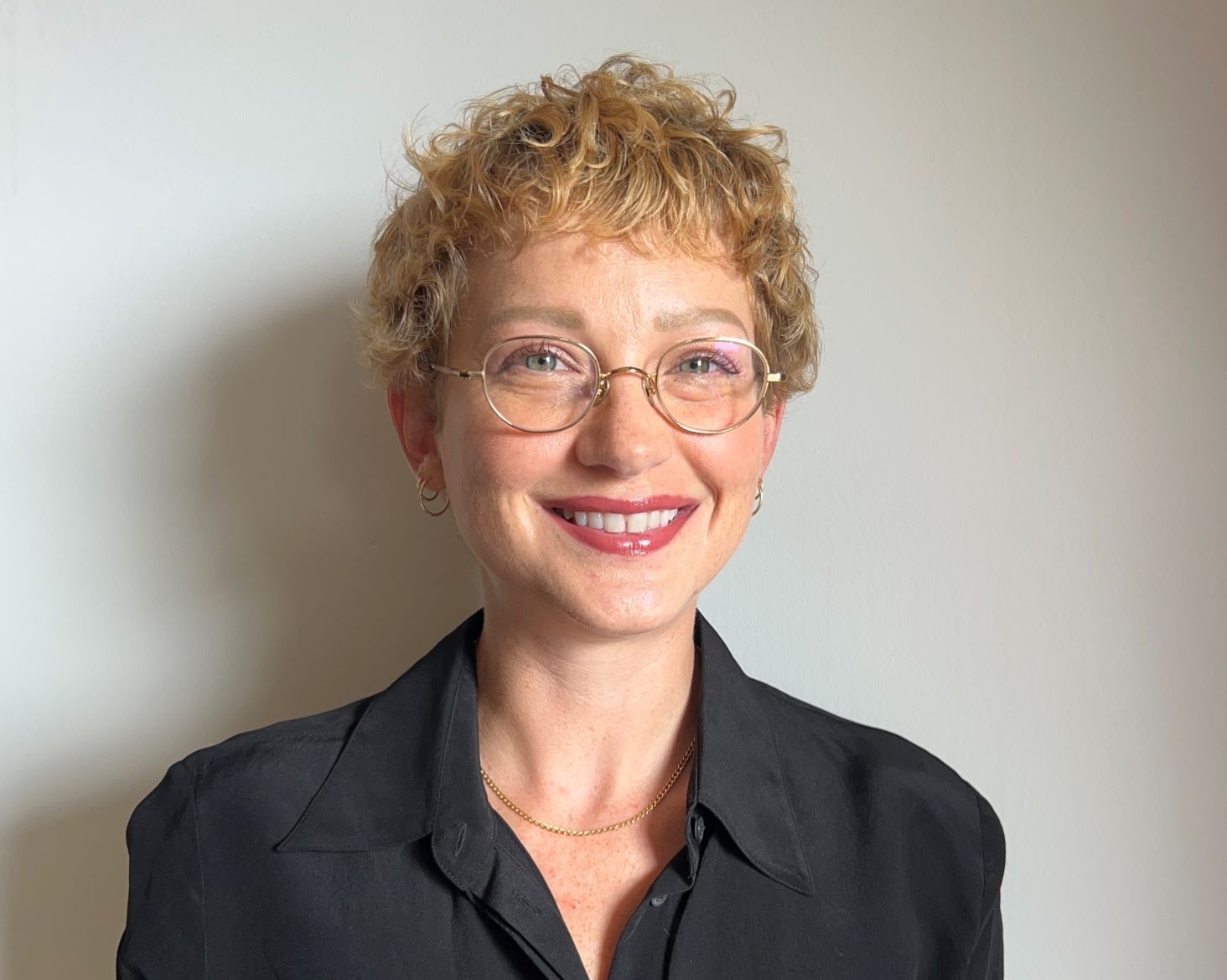Tori Langmuir, a doctoral student in Concordia’s Research and Clinical Training psychology program, has been named this year’s recipient of the Miriam Aaron Roland Graduate Fellowship. Valued at $100,000 over four years, the award recognizes outstanding graduate students whose research demonstrates both academic excellence and meaningful social impact.
Langmuir’s work zeroes in on a pressing issue in healthcare: how communication shapes the care and well-being of adolescents and young adults living with chronic illness and chronic pain.
“Patients with conditions like sickle cell disease often face stigma and are not always fully heard,” she explains. “My research is about improving the conversations patients have with healthcare providers, family, and peers so that their voices directly inform their care. When communication is stronger, health outcomes – like pain management, trust, and mental health – can improve.”
Research with real-world impact
Sickle cell disease is an inherited blood disorder that alters the shape of red blood cells and can lead to both acute and chronic pain. Experiences vary widely, but one common thread is the central role of pain — and the challenges patients face when trying to manage it.
“When people aren’t believed or understood, it can delay care and erode dignity,” Langmuir notes. “By studying how young people talk about pain and illness, we can develop tools and interventions that help providers respond with empathy and accuracy.”
Her work has wide-ranging applications for other chronic conditions, too. Langmuir is a part of a newly funded CIHR Catalyst Grant project led by her supervisor Nicole Alberts, PhD, Canada Research Chair in Behavioural Health Intervention, and Michelle Gagnon, PhD, associate professor at the University of Saskatchewan. The study will develop a mobile app to help teens with chronic illness and chronic pain talk about their pain.
The project brings together collaborators from Concordia’s Gina Cody School of Engineering and Computer Science and people with lived experience of chronic illness and chronic pain.
“This type of innovation is where research meets the real world,” Langmuir says. “It’s not just about identifying problems, but creating solutions that can be used in clinics, hospitals and communities.”
World class training and a strong sense of community
“Concordia’s clinical psychology program has a reputation for producing highly skilled clinician-scientists,” Langmuir adds. “Montreal itself provides incredible opportunities for training in diverse hospital and community settings, across languages and cultures.”
She says she chose Concordia because the university offers the rare combination of world-class training and a strong sense of community.
Langmuir is based in the Behavioural Health Innovations (BHI) Lab, led by Alberts. The lab develops digital health tools for youth and families, using mixed-methods research and cross-disciplinary collaboration in fields like oncology, pediatrics and anesthesiology.
“The BHI Lab was the perfect fit,” Langmuir explains. “It brings together behavioural science, health psychology and patient-centered approaches in exactly the way I wanted to pursue my research. From the moment I visited, I felt the program and the lab foster a genuine sense of collaboration.”
She also points to Concordia’s Applied Psychology Centre, the university’s in-house training clinic, as a unique resource that enhances both student learning and community well-being.
Graduate funding that fuels ambition
Langmuir says the fellowship will allow her to ask bigger questions and pursue ambitious projects.
“This fellowship is both an opportunity and a responsibility. It validates the importance of this research and gives me the freedom to dedicate myself fully to it. Ultimately, I want the work I do to have real-world resonance and contribute to more equitable healthcare.”
She shares that the award is also a reminder of the value of graduate research funding.
“Support for students is a vital investment in science and in the health of our communities. I’m grateful to be part of Concordia, where research is not only valued but connected to meaningful change.”
Learn more about research in the Faculty of Arts and Science.
Learn more about the Department of Psychology.


 "When communication is stronger, health outcomes – like pain management, trust, and mental health – can improve," explains Tori Langmuir, doctoral student in Concordia’s Research and Clinical Training psychology program, and this year’s recipient of the Miriam Aaron Roland Graduate Fellowship.
"When communication is stronger, health outcomes – like pain management, trust, and mental health – can improve," explains Tori Langmuir, doctoral student in Concordia’s Research and Clinical Training psychology program, and this year’s recipient of the Miriam Aaron Roland Graduate Fellowship.